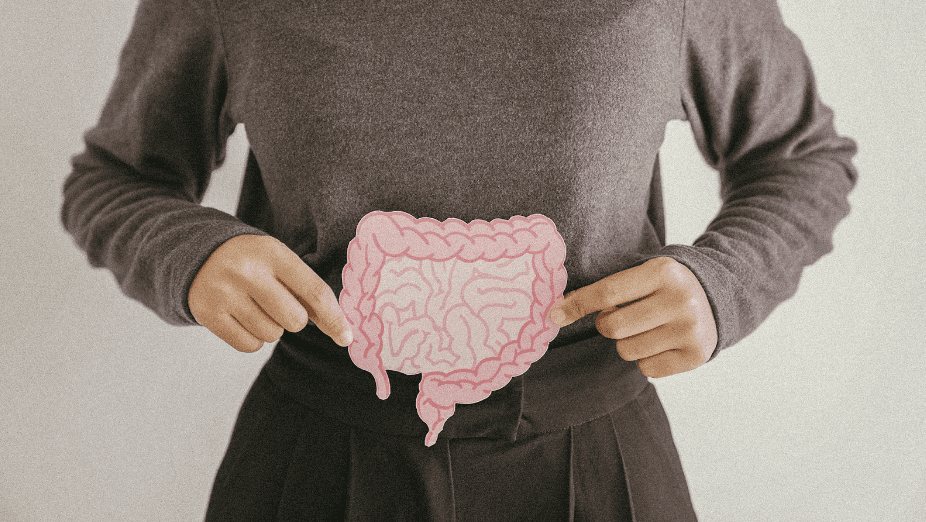Information center / General health / Monthly Spotlight / Prevention / VM Med
Colonoscopy FAQ: A Painless, Lifesaving Procedure

(Tina Dawn/ VM-Med) — Colorectal cancer is expected to be the 4th most commonly diagnosed cancer in Canada in 2023 and is the 3rd leading cause of death from cancer in women.
A colonoscopy is an examination of the inside of your large intestine (colon) that lasts anywhere between 15 and 30 minutes and is an effective way of diagnosing and preventing gastrointestinal diseases, like inflammatory bowel disease or colon cancer. It’s occasionally also used to perform other procedures at the same time, like the removal of polyps or a biopsy if needed.
When Should You Have Your First Colonoscopy?
Most people will have their first colonoscopy for routine cancer screening between the ages of 45 and 50. Statistically, your risk of developing colorectal cancer goes up as you age. Even though colorectal cancer rates have been on the rise among younger adults both in the U.S. and Canada, the Canadian Cancer Society still recommends regular screening and colonoscopies starting at the age of 50. An earlier screening is advised, if you suffer from Crohn’s disease or have a history of colorectal cancer in your family.
Does a Colonoscopy Hurt?
While a colonoscopy is a relatively minor and extremely safe medical procedure it creates stress and unease for some patients. People often fear it because they worry it may be uncomfortable or painful when it’s rarely either.
Most people undergoing a colonoscopy find it relatively painless and quick. Gastroenterologists are trained professionals who will ensure patients are comfortable and mildly sedated so they won’t feel any pain and will be relaxed throughout the short procedure. Mild discomfort, often associated with grogginess and bloating after the colonoscopy, is a small price to pay for what can be a lifesaving procedure.
A female colonoscopy can be slightly more complex because a woman’s colon is longer than a man’s, which means that examining the entire colon can be a bit more challenging during a colonoscopy.
Because it’s longer, the colon also shares space with the bladder and uterus, which makes it more difficult to know what organ is being affected if a woman starts experiencing bloating or constipation.
Endoscopy vs. Colonoscopy: What’s the Difference?
Both procedures are invasive, non-surgical procedures used to visualize your digestive tract. A colonoscopy examines the lower part of your digestive tract, including the rectum and large intestine (colon). It therefore requires a colonoscope to pass through the rectum and send back images of the inside of your large rectum to a screen.
In contrast, an endoscopy (also referred to as a gastroscopy) is used to examine the upper part of the digestive tract, which includes the esophagus, stomach, and the upper part of the small intestine. During an endoscopy, the endoscope is passed through the mouth and throat and into the esophagus. It’s essentially a long flexible tube with a lens at one end and a video camera at the other, allowing medical practitioners a close look at your upper digestive system.
What Should You Eat Before and After a Colonoscopy?
A colonoscopy screening requires a low-fiber and clear liquid diet before the procedure to clean out the colon. Drinks lots of water. Avoid fruit with seeds or skins, lentils, fatty and fried foods, vegetables, nuts, and alcohol. The day before it will be a liquid-only diet and you will also be given a laxative to clear all the stool from your intestine.
After the colonoscopy, it’s important to slowly re-introduce a normal diet by beginning with foods that are gentle on the digestive system. Most doctors will typically recommend mild foods following a colonoscopy screening. That means low in fiber and dairy.
You can drink sports drinks high in electrolytes, fruit juice, or herbal tea (without milk or cream). Plain crackers, plain broth, scrambled eggs, toast on white bread, and canned fruit are just some examples of food you can start consuming.
What Should You Avoid Consuming After the Procedure?
Although colonoscopy procedures are short and uncomplicated, the introduction of air into the colon during the exam still causes minor gas or queasiness following the procedure. As a result, it’s advisable to limit certain foods that could increase gas and intensify any discomfort.
Avoid beer, wine, and all alcohol for a few days after the colonoscopy, as well as whole grains, red meat, dried fruit, nuts, raw vegetables, fried foods, or strong spices like garlic or curry. Alberta Health Services offers a comprehensive colonoscopy diet sheet if you need a summary.
A colonoscopy is an important component of a woman’s overall wellness plan that significantly reduces her risk of developing colon cancer.
VM Med offers patients a wide range of rapid minor surgical procedure options –including colonoscopies– in our Minor Surgery Centre. Our qualified surgeons provide exceptional results and are often available for same-day appointments. Comprehensive exams and surgical procedures are performed by a specialist that prioritizes your health and comfort throughout the entire process.
Still have questions? Book a consultation with our experts.
Categories
